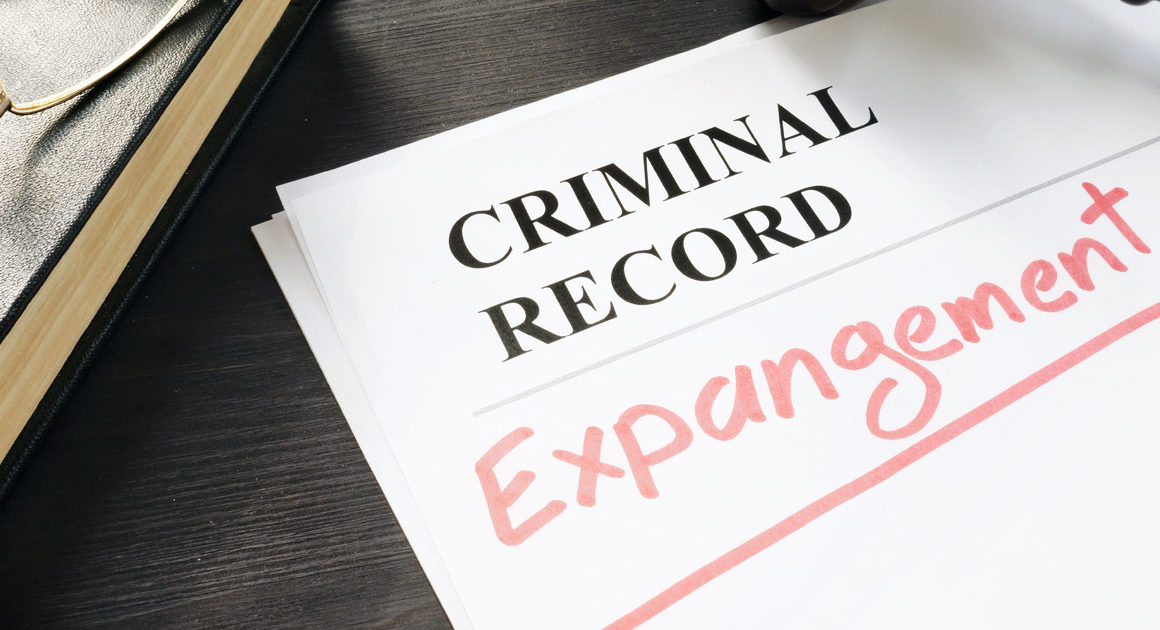Can I Get My Name Removed From the Sex Offender Registry?
A person who has been convicted of a sexual crime, such as child molestation or sexual assault, is required to register as a sex offender at their local sex offender registry.
A sex offender registry maintains a list of individuals who have been convicted of crimes that are sexual in nature. The sexual offender registry provides notice to the community of the presence of such individuals in their community so that they can be vigilant. Additionally, law enforcement officers can access these registries to investigate crimes of similar nature to apprehend repeat sexual offenders.
What is Megan’s Law?
Public access to the sex offender registry was instituted in response to the case of a seven-year-old girl named Megan Kanka. A repeat sex offender raped and murdered her in New Jersey in 1994.
Soon after, New Jersey legislature passed Megan’s Law, requiring notification to the public of sex offenders in their communities through sex offender registries. In 1996, the U.S. Congress followed by passing Megan’s Law amendment, requiring every state to maintain a sex offender registry and make it accessible to the public.
The information required on a sex offender registry may include the following:
- Offender’s name
- Date of birth
- Address
- Place of employment
- Photograph
- Driver’s license number
- Vehicle identification number
- Identifying marks and other physical features
- Offenses and punishments
Can a Name be Removed from the Registry?
When the laws were passed requiring public access to sex offender registries, few anticipated that it may unfairly impact those who appeared on the registries prior to the passage of the law. With the advent of the internet, these registries are available online. It is fairly easy for people to access these registries. If anyone has been inadvertently added to these registries, they can have severe consequences to their reputations and careers.
Those who have been inadvertently harmed by these registries include gay men convicted of sodomy prior to 1976, those convicted of crimes involving consensual gay sex before it was legalized, teenagers convicted of statutory rape of their girlfriends who are close to the legal age for consensual sex, and others for indecent exposure.
What Crimes Can be Expunged?
Crimes that involved sexual activity with a child and violence can never be expunged. However, crimes that are non-violent and tried as misdemeanors may be expunged.
How Do I Get My Name Removed?
In order to petition for removal from the sex-offender registry, one should evaluate the nature of the sex offense conviction, the length of time that has passed since the offense, and what they have done to demonstrate that they no longer pose a threat to others. If the crime was non-violent in nature and less severe, one may be eligible.
A petition to have a name removed must be filed along with documentation that proves how that individual no longer poses a threat to their community. The petition should include certifications from professional psychiatrists and counselors, attesting to the individual’s counseling and treatments. The court will review the petition and either grant or deny the petition. Additionally, a lawyer will help the removal process go smoothly.
Haddonfield Criminal Defense Lawyers at Aita Law, LLC Help Clients with Expungements
A conviction involving sexual offenses can have severe consequences for life. If you have been unfairly convicted or believe you may be eligible for removal from the sex-offender registry, do not hesitate to contact one of our Haddonfield criminal defense lawyers at Aita Law, LLC. Our attorneys will evaluate your crimes and guide you through the removal process. Contact us online or call us at 856-287-7800 for a free consultation. Located in Haddonfield and Marlton, New Jersey, we serve clients throughout South Jersey, including Cherry Hill and Camden County.

